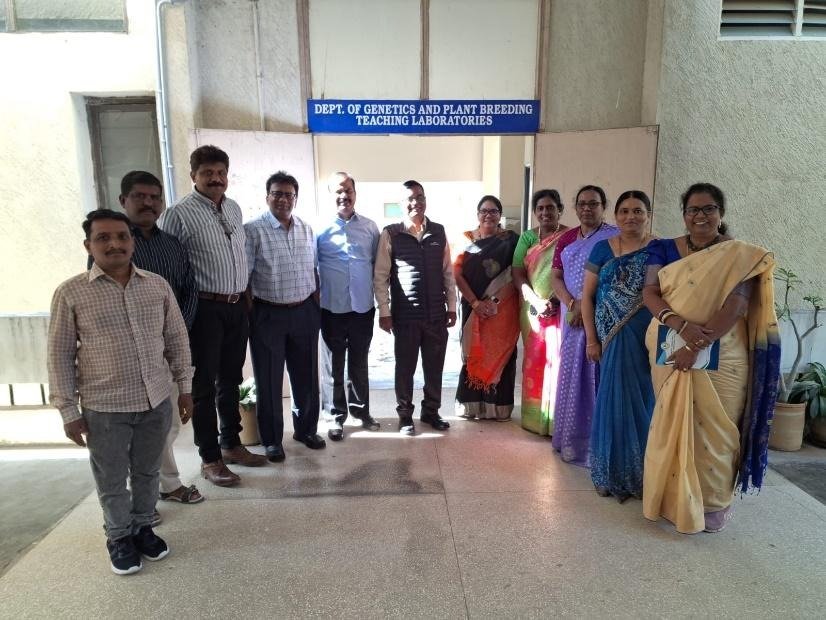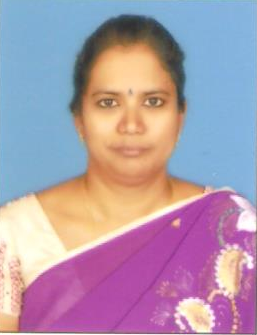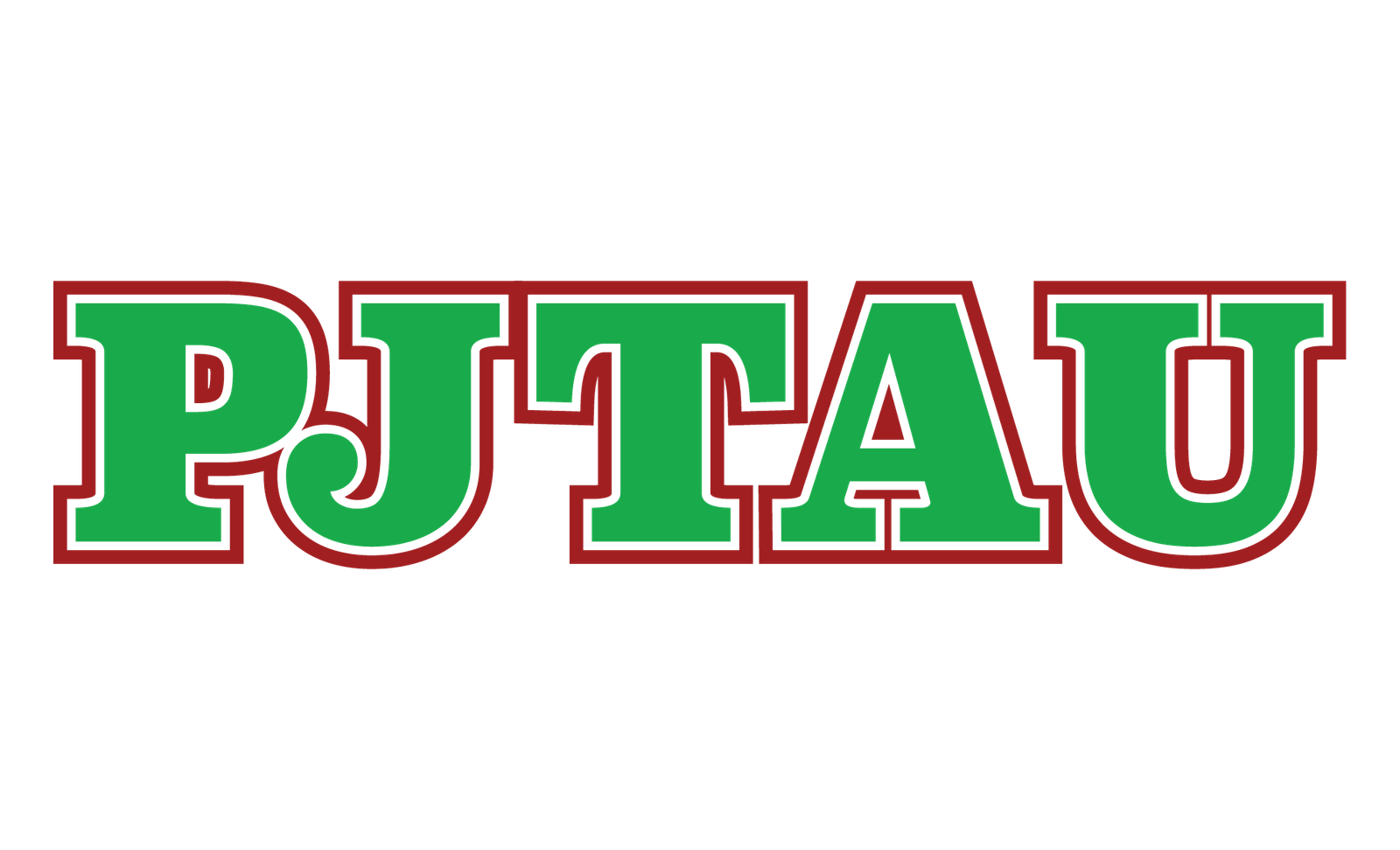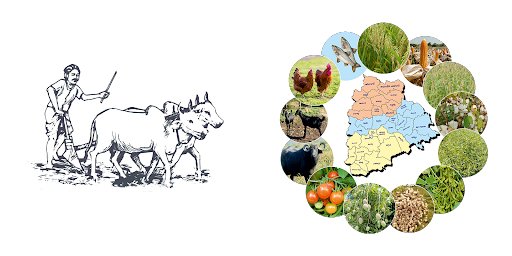Genetics & Plant Breeding
The Department was established with the objective of providing high-quality education in Genetics and Plant Breeding for undergraduate and postgraduate students. It offers well-structured UG and PG programmes with modern, updated curricula designed in accordance with ICAR guidelines. A wide range of carefully planned courses, supplemented by lectures from other departments, effectively meet the academic requirements of the students.
The Department is well equipped with excellent teaching and research facilities in Genetics and Plant Breeding for both undergraduate and postgraduate programmes. Facilities are also available for thesis research in major crop species. The Department has four laboratories viz., Biotechnology, Plant Tissue Culture, Cytogenetics and Seed Technology supporting both teaching and research activities.

The faculty comprises three Professors (AL-15), three Professors (AL-14) and one Assistant Professor. The students conduct research on crops such as paddy, sorghum, maize, millets, redgram, greengram, soybean, chickpea, sunflower, safflower, groundnut, fodder jowar, cowpea, cotton, castor, and sesame, focusing on diverse areas including QTL identification, development of tightly linked molecular markers, gene introgression, resistance breeding, biofortification, genetic variability and gene action studies. The Department maintains strong collaborations with national research institutes such as IIRR, IIMR, IIOR, CRIDA etc., as well as the international institute, ICRISAT. Faculty and students regularly publish research papers in reputed journals with high NAAS rating and impact factor. Graduates of the Department secure employment in ICAR, State Agricultural Universities, the Department of Agriculture, the banking sector and various private organizations.
Teaching Staff Details
| S. No. | Name | Designation | Field of Specialization | Photo | Contact Details |
|---|---|---|---|---|---|
| 1 | Dr. V. Hemalatha | Professor (AL-15) & Head | Maize, Rice and Castor Breeding |

|
|
| 2 | Dr. C. V. Sameer Kumar | Professor (AL-15) & Univ. Head | Millets & Pulses Breeding |

|
|
| 3 | Dr. P. Jagan Mohan Rao | Professor (AL-15) | Pulses Breeding |

|
|
| 4 | Dr. Ch. Anuradha | Professor | Molecular Breeding |

|
|
| 5 | Dr. V. Gouri Shankar | Professor | Castor Breeding |

|
|
| 6 | Dr. K. Sumalini | Professor | Maize Breeding |

|
|
| 7 | Dr. V. Ram Reddy | Assistant Professor | Groundnut Breeding |

|





